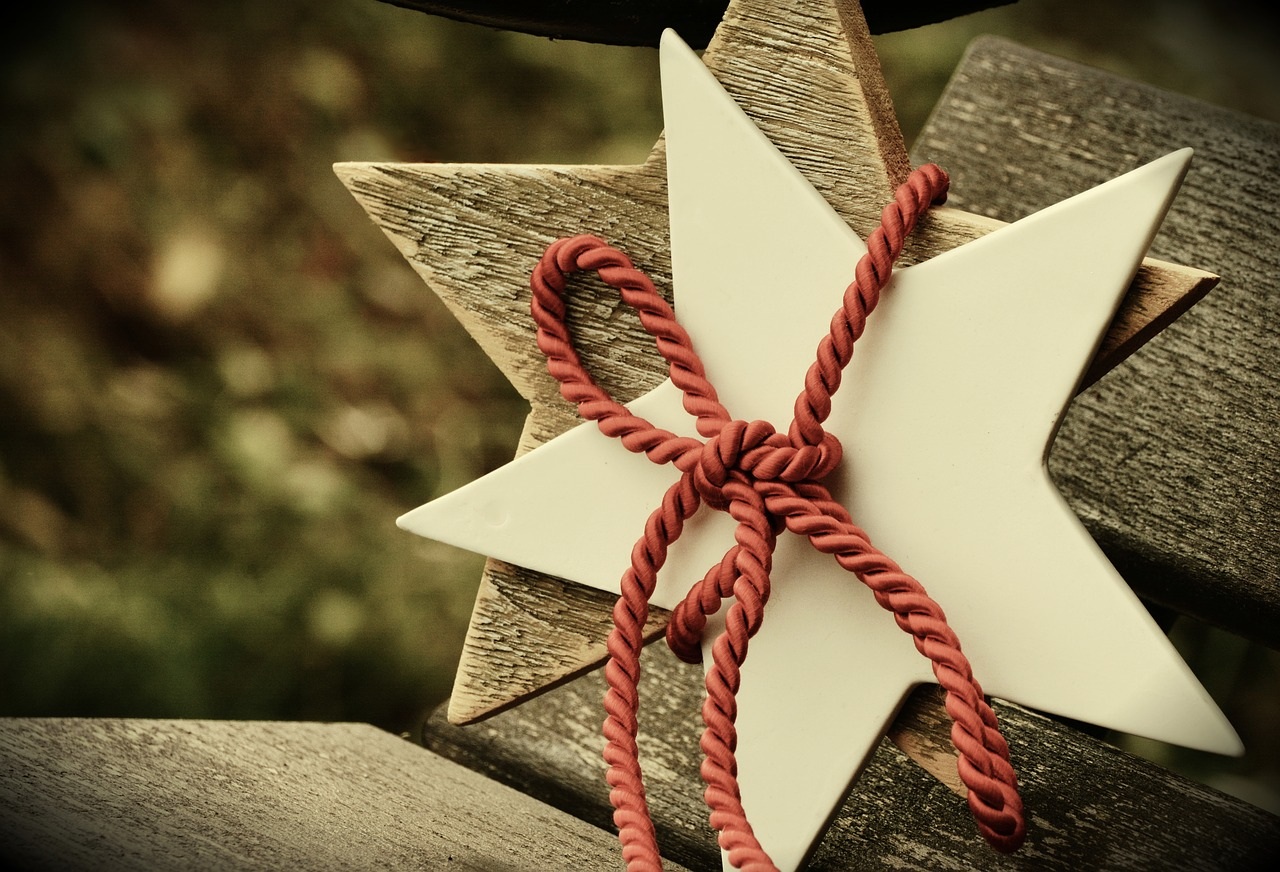Today’s post is a guest post from my dear friend Alison. She’s sharing with us some practical tips about how we can practice good self-care.
Although sometimes self-care can be painted as selfish (and, to be honest, I have seen some people use it as an excuse to be), I find that a healthy self-care practice, like the one Alison helps us think about here, is actually an important part of our discipleship. It helps us remember that we are finite, that we need rest, that we need other people. Good self-care can make us more effective as disciples of Jesus, better able to love God and love others. I hope you’re encouraged and challenged by what she has to share.
Alison is a pastor and a poet - and an integral part of my own “wall” of self-care for the gray New England winters. You can find her sermons on her church website and her occasional thoughts on her blog.
Enjoy!
I don’t know about where you are, but where I am? It’s the most horrible time of the year. It’s overcast, it’s cold, it’s snowy, it’s icy, it’s gross. And gross weather means gross moods, gross feelings about oneself and one’s existence, and even, at times, gross walks with God.
Over the last eight winters living in New England I have learned that in order to protect myself against this madness, I need a good defense system. Like a wall. And not a wall where I block my friends out and don’t let them know what’s going on with me. And not a wall of blankets where I bundle myself in bed for the next two months. But a wall of self care. Like a defense system, built out of regular, healthy actions I take, to take care of myself.
But hang on a second, isn’t self care selfish? Isn’t it un-Christian? Isn’t it…wrong? No, it isn’t. Jesus instructed us to "love others" as we "love ourselves", as though loving ourselves was something he expected us to do naturally. And self care doesn’t mean we ignore everyone else or ignore God - taking care of others, and loving God is also part of a good self care system. Because those things, as well as being rewarding to God and to others, also are wonderfully rewarding to ourselves.
So how do you build a wall of self care? You do need to be intentional about this, and keep track of what you do. The best way I’ve found? With those excellent and ancient tools: the pen and the sheet of paper.
Start out with a piece of graph paper, or even some kind of habit tracker like this one Ashley made as a free printable for her Evermore Paper Co blog.
Make a list down the side of different activities that you can do during the day that help you take care of you. I try to make my list out of a variety of different activities that address the different needs I have: physical, emotional, social, intellectual, and spiritual needs.
Keep track of what activity you do every day. Just before you go to bed, check off what you have done.
The goal is not to do ALL the things every day - rather, to be consistently doing a few of them every day. These little bricks on your self-care chart make up the “wall" that you are building for yourself. A day with a solid group of bricks in it, is another notch in the wall built. A day with no bricks in it is where the defenses come down and some of those gross moods, gross thoughts, gross behaviors can creep in.
If it’s hard for you to think of what might constitute self care activities, I thought I would leave you with some suggestions. Don’t start with all of these on your chart, that would be overwhelming! Maybe two that really speak to you from each group?
Physical: go for a walk, go outside (can sometimes be hard in winter!), exercise for X minutes, dance for X minutes, drink X cups of water, eat some vegetables, eat some fruit, eat three meals, take a shower, brush your teeth, brush your hair, go to bed before Xpm, get 8 hours sleep
Emotional: take a moment to be aware of what you are feeling, write in your journal, make a list of things that are stressing you out, make a list of things you are thankful for, visit a counselor, give yourself X quiet minutes alone, say no to something, say yes to something, take a thought that you keep having that’s really hurting you and tell it to go away, take something you keep beating yourself up about and forgive yourself
Social: call a friend, see a friend, write a card to a friend, pray for a friend, give a gift to somebody, go on a date, have some intentional play time with your kids
Intellectual: read a book, read the paper, look at some art, listen to music, play some music, watch a movie, do a crossword, work on a project
Spiritual: listen to worship music, memorize a bible verse, read the bible, pray
Of course, what constitutes good self care for you might be completely different to what it means for me. If you have any other suggestions for items other people can put on their Wall of Self Care Chart, leave them in a comment below.
Happy building, all!



